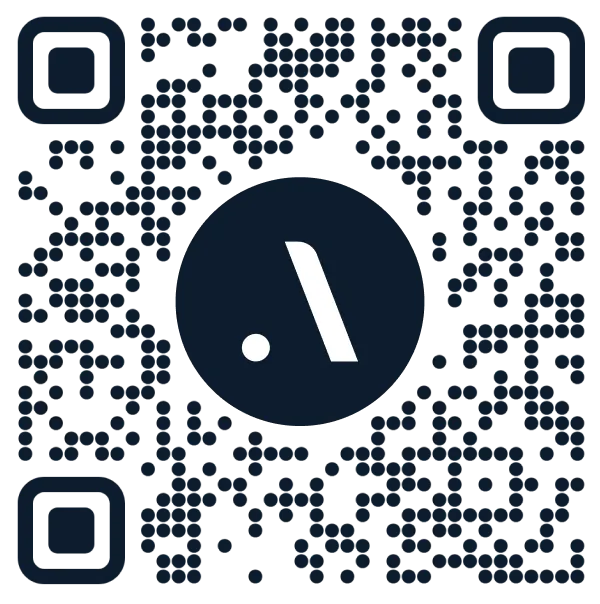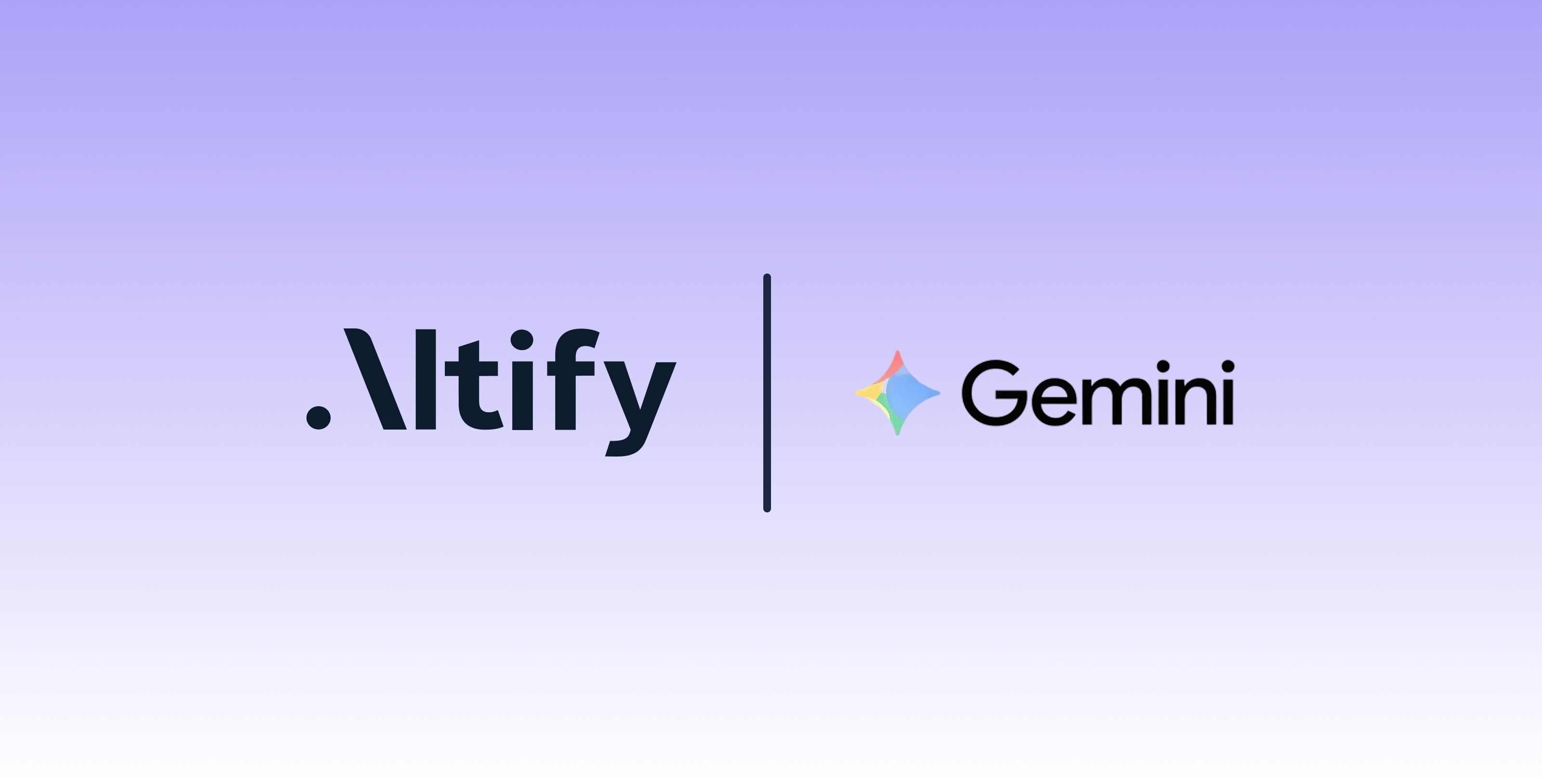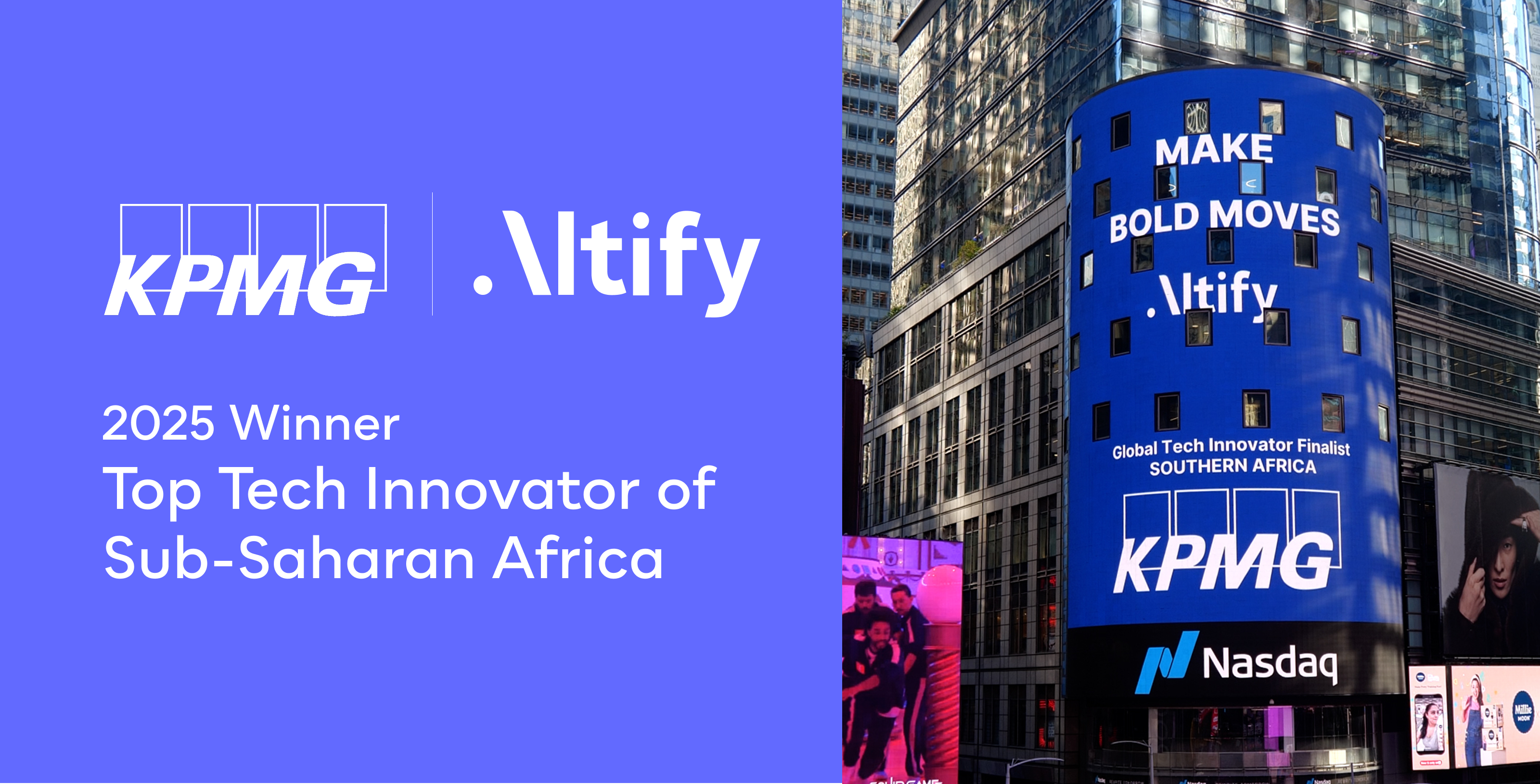Altify Launches 5 New Crypto Assets

Introducing 5 New Crypto Assets to the Altify Platform!
What's more, we are thrilled to be the first provider in South Africa to be introducing some of these assets for the first time.
1. Fantom (FTM
2. THORChain (RUNE)
3. Arweave (AR)
4. Lido (LDO)
5. Arbitrum (ARB)
Read on to find out more about each of our new listings.

What is Fantom (FTM)?
Fantom is a next-generation blockchain-based smart contract platform that uses a novel consensus mechanism to achieve ultra-high transaction throughput without compromising on decentralisation or security of its blockchain network. It looks to solve the blockchain trilemma and achieve scalability, security and decentralisation.
Fantom’s novel consensus mechanism, ‘Lachesis’, combines, proof-of-stake, and other complex models such as the Asynchronous Byzantine Fault Tolerant (aBFT) algorithm, to ensure transactions are finalised in under one second.
FTM, Fantom's native token, facilitates the network. It is used to pay network transaction fees, interact with its ecosystem of dApps, earn rewards via staking and allow token holders to vote on the governance proposals on the network.

What is THORChain (RUNE)?
THORChain is an interoperable decentralised exchange (DEX) that facilitates native cryptocurrency cross-chain swaps. This enables users to easily and at a lower cost exchange crypto assets across different blockchains without relying on the wrapping of tokens.
Unlike Uniswap, where users can only swap one cryptocurrency for another within a single blockchain network, such as Ethereum. THORChain allows users to swap natively –- like swapping native ETH for native BTC instead of WBTC (Ethereum version of Bitcoin).
THORChain’s native token, RUNE, plays a pivotal role in the ecosystem. It is used within the network for various purposes, including liquidity provision, governance, and as a medium for transaction fees.

What is Arweave (AR)?
Arweave is a decentralised blockchain-based network that offers secure data storage and online hosting services. It uses a unique technology called "blockweave" to store data indefinitely, making it ideal for individuals and businesses looking for a digital vault to store documents, photos, and files forever with just a one-time payment.
Furthermore, files stored on Arweave are accessible through traditional web browsers, meaning they don’t require any special wallet or blockchain service.
Arweave’s native token, AR, facilitates the network. Users who wish to store data must buy AR to pay for distributed data storage.

What is Lido (LDO)?
Lido Finance is one of the most prominent decentralised liquid staking blockchain protocols that allows its users to stake various crypto assets. Lido allows users to stake their cryptocurrencies and earn returns without the need for lock-up periods or large minimum investments.
When a user stakes their cryptocurrency with Lido, they receive staked tokens in a one-to-one ratio. These staked tokens represent their deposit and the rewards earned over time.
Lido’s ‘liquid staking’ feature, enhances a user's liquidity needs by allowing them to access and use their staked cryptocurrencies across all DeFi platforms. This means that staked assets are no longer locked away and unable to be used, these staked tokens are freely transferable and can be used for on-chain activities, like providing collateral for a DeFi loan.
Lido's native token, LDO, functions as the governance token of the protocol, allowing holders to vote on important proposals like fee structures and the selection of new node operators.

What is Arbitrum (ARB)?
Arbitrum is one of the largest layer-2 scaling solutions.. Arbitrum's goal is to make Ethereum faster and cheaper to use. It does this by processing transactions off the main Ethereum blockchain, then sending the final results back to it. This helps reduce congestion and lowers costs for users.
Developed by Offchain Labs, Arbitrum also allows developers to create and execute their own Ethereum-compatible smart contracts. These smart contracts can be programmed to run decentralised applications (DApps) that can interact with the broader Ethereum ecosystem without slowing down the Ethereum blockchain’s performance.
ARB, Arbitrum’s native token, serves as the governance token for the Arbitrum blockchain.





